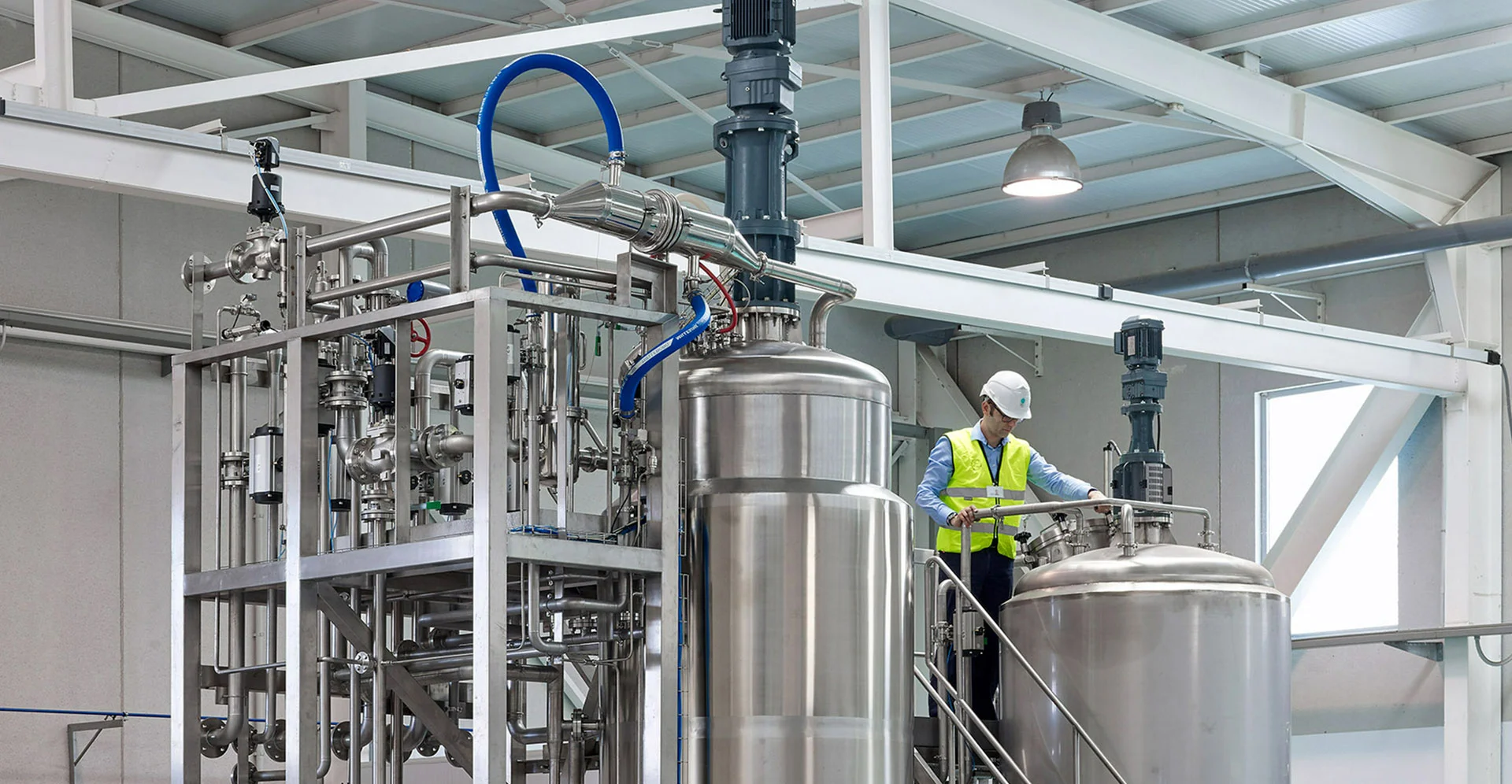Bioreactors are indispensable tools in a variety of industries, such as pharmaceuticals, agriculture, environmental science, and more. Their main purpose is to create a favorable environment for the growth and cultivation of cells, microbes, or tissues by accurately controlling and maintaining conditions like temperature, pH, oxygen levels, and nutrient supply. Read on for a complete guide to what bioreactors are and how they work.
The Basic Construction
In essence, a bioreactor can be as simple as a vessel containing the necessary components to facilitate a biological reaction. However, the science and engineering behind these devices are far from straightforward. Bioreactors come in diverse sizes, ranging from small bench-top apparatuses used in labs to mammoth-sized, industrial-scale systems for large-scale production.
Regardless of size, all bioreactors consist of three fundamental parts: the vessel, the agitation system, and the aeration system. The vessel, which is usually cylindrical, holds the cell culture medium, while the agitation system guarantees an even distribution of nutrients and gases throughout the vessel. The aeration system, as the name suggests, supplies oxygen vital for cellular respiration.
Process Control in Bioreactors
Process control within bioreactors is a task that requires constant vigilance—it involves careful monitoring and precise control of parameters, such as pH, temperature, pressure, and concentrations of oxygen and carbon dioxide. In addition, workers must carefully adjust the agitation speed and nutrient supply to ensure the process is a success.
These factors significantly impact the growth and metabolism of cells, and thus, workers must maintain them within a specific range to ensure optimum health and productivity of the cell culture.
Sterility in Bioreactors
Ensuring sterility in a bioreactor’s operation is a critical concern. Unwanted contamination can lead to a catastrophic loss of the entire batch. Thus, maintaining sterility is an integral aspect of the bioreactor design and operation.
Workers must meticulously sterilize every component that comes into contact with the culture, air, nutrients, and the vessel itself. Workers usually sterilize the vessel and its contents using steam and use the appropriate filters to sterilize the air and gases.

The Role of Bioreactors in Industrial Fermentation
Industrial fermentation is another realm where bioreactors play a significant role. They offer a controlled environment for the fermentation process, enabling microorganisms to thrive and produce the desired product, whether that’s alcohol for beer and wine, lactic acid for yogurt, or a specific protein for a pharmaceutical product.
Workers can optimize the fermentation process to enhance product yield and quality through a bioreactor’s precise control of environmental factors.
Applications of Bioreactors
Bioreactors have diverse applications across different sectors of biotechnology. They are invaluable in the production of pharmaceuticals, such as vaccines and recombinant proteins.
Bioreactors play a crucial role in agriculture, helping in the mass propagation of plants via tissue culture techniques. They also assist in the bioremediation of pollutants in the field of environmental engineering. Moreover, they enable the production of biofuels, like ethanol or biodiesel, contributing to the development of sustainable energy sources.
Benefits of Bioreactors
Now that you have an idea of how bioreactors work, let’s explore some of the many benefits of working with them.
Enhanced Product Quality
One of the standout benefits of employing bioreactors in filtration processes is the improved product quality they facilitate. Manufacturers designed bioreactors to maintain an optimal growth environment for microorganisms, ensuring their healthy propagation, which is integral to a superior-quality product.
By precisely controlling environmental parameters like temperature, pH levels, and oxygen concentration, bioreactors help reduce the risk of contamination, further assuring the purity and consistency of the resulting product. This meticulous level of control yields a product of unparalleled quality, enhancing its market value and appeal.
Remarkable Efficiency
Efficiency is at the core of bioreactor functionality. By creating a nurturing environment for organisms, they accelerate production rates. This efficiency becomes even more critical in the context of an industrial setup where the aim is to produce the highest yield using minimal resources. Bioreactors, with their advanced design and operational efficiency, ensure maximum yield with reduced energy input, thereby translating into cost savings.
Impressive Scalability
The scalability of bioreactors is another notable advantage, particularly in dynamic production environments. They come in a wide range of sizes, from small-scale for lab experimentation to large-scale industrial units for mass production.
This versatility in size makes them highly adaptable to different production volumes and flexible across the stages of product development and manufacturing, offering scalability that can match the ever-evolving demands of the industry.



Solak
January 5, 2025 6:29 amOur advanced energy storage solutions allow you to store excess energy generated from renewable sources like solar and wind. This enables a constant, uninterrupted power supply,
Solak
January 5, 2025 6:32 amOur team of experts provides in-depth consultations to help you explore the best renewable energy options for your property.
Solak
January 5, 2025 6:32 amMaximize your energy efficiency with our smart energy management systems. We offer tools and software to monitor, analyze, and optimize your energy consumption,